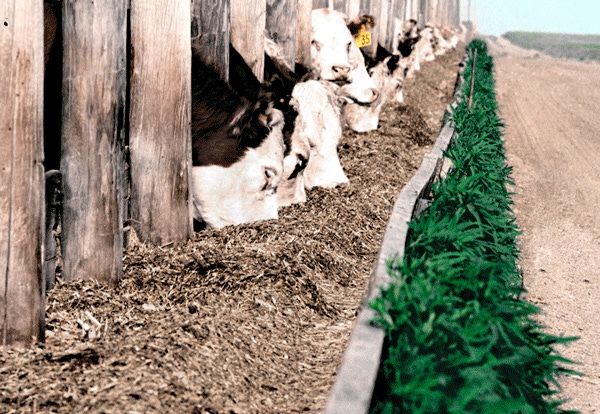March 3, 2011

The West Virginia Department of Agriculture (WVDA) is urging livestock farmers throughout the state to determine whether or not their farms are concentrated animal feeding operations (CAFOs) under state regulations that went into effect last summer.
“The West Virginia Department of Agriculture can help farmers determine what category they fall under, and help them find the assistance they need to apply for a permit and meet permit requirements, if necessary,” said Commissioner of Agriculture Gus R. Douglass.
The CAFO designation depends on number of livestock, type of livestock and, to some extent, the waste management systems in place on each farm. Large and medium CAFOs that discharge or propose to discharge, as defined by the CAFO rule and that meet the thresholds, must apply for a permit under the National Pollutant Discharge Elimination System (NPDES) program. The state rule is available at http://apps.sos.wv.gov/adlaw/csr/rule.aspx?rule=47-10.
Small CAFOs generally will be exempt from permitting requirements, unless the state Department of Environmental Protection or the U.S. Environmental Protection Agency deems them to be “significant polluters.”
Fundamental to the permit program are comprehensive nutrient management plans (NMPs), which detail how much waste a farm will generate and how it will be managed to prevent nutrients from running off into waterways.
Small CAFOs and farms that claim zero discharge status — even though not required to get a permit — will still need to perform most of the farm assessments and record-keeping required of permit holders to verify their status.
For more information, contact WVDA CAFO Specialist Adam Colasessano at 304-538-2397 or [email protected].
You May Also Like




